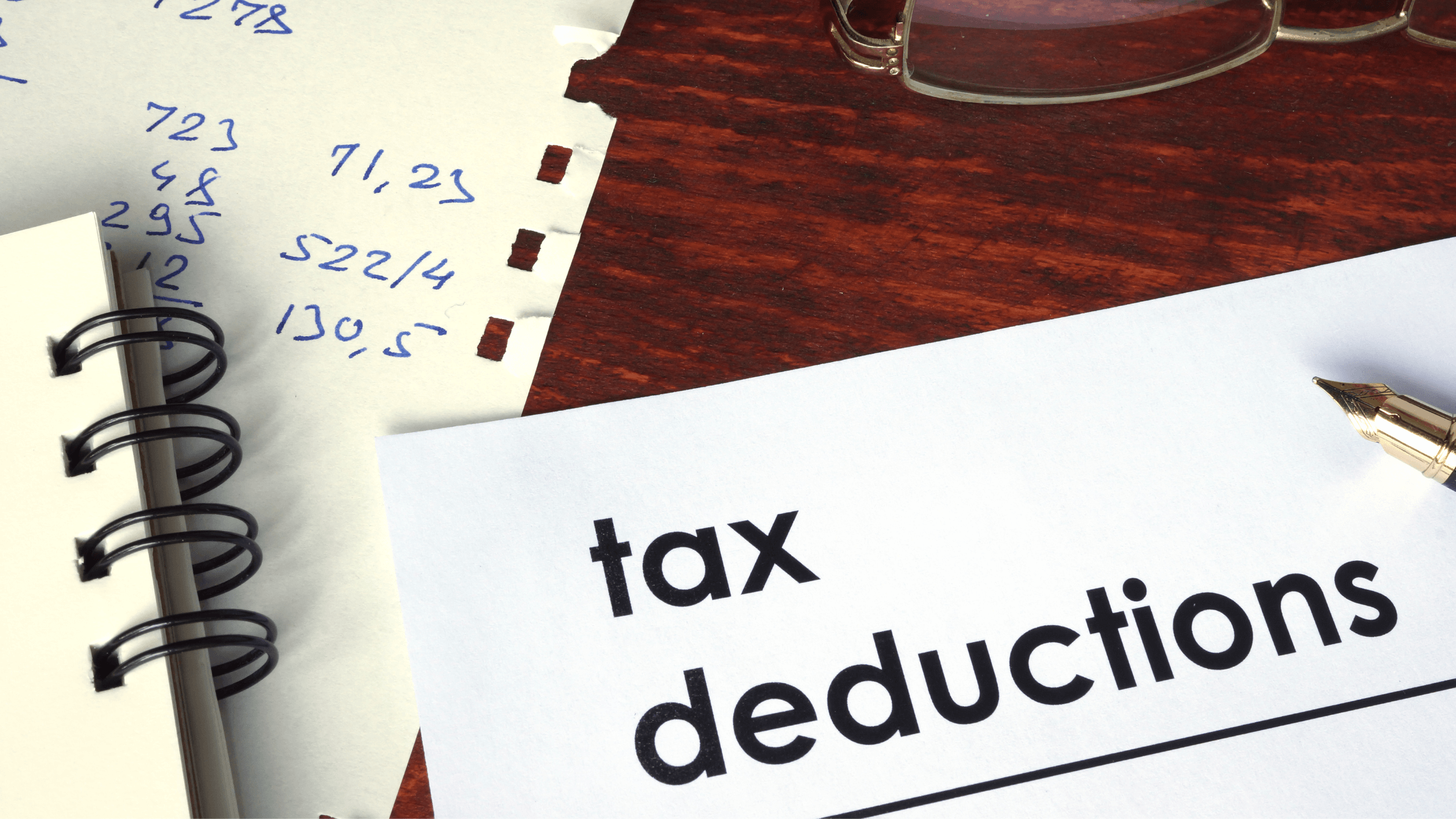
19 May Maximizing Your Tax Deductions: a Guide for Small Business Owners
Taxes can be a complex and time-consuming aspect of running a small business. With so many rules and regulations to navigate, it’s easy to miss out on potential deductions that could help reduce your tax liability. Maximizing your tax deductions is a critical part of managing your business finances, and can help you keep more of your hard-earned money. In this blog post, we’ll explore some of the key deductions available to small business owners and provide tips for maximizing your tax deductions. Whether you’re a seasoned business owner or just starting out, this guide will help you navigate the world of tax deductions and make the most of your business expenses.
Business Expenses
One of the most common types of tax deductions for small business owners is business expenses. These are expenses that are necessary and ordinary for your business operations, such as rent, utilities, office supplies, and equipment. Keep detailed records of all your business expenses throughout the year to ensure that you can claim them as deductions come tax season.
Home Office Deduction
If you work from home, you may be eligible for the home office deduction. This deduction allows you to deduct a portion of your home expenses, such as rent, mortgage interest, utilities, and insurance, that are directly related to your home office. To qualify for this deduction, you must have a dedicated space in your home that is used exclusively for your business.
Depreciation
Depreciation is a tax deduction that allows you to deduct the cost of certain assets over time. This includes equipment, vehicles, and other property that you use in your business. Instead of deducting the entire cost of the asset in one year, you can spread the deduction out over several years, which can help reduce your tax liability.
Travel Expenses
If you travel for business purposes, you may be able to deduct your travel expenses. This includes transportation, lodging, meals, and other related expenses. Keep detailed records of your travel expenses and be sure to separate business expenses from personal ones.
Health Insurance Premiums
If you pay for your own health insurance premiums, you may be able to deduct them as a business expense. This deduction is available to self-employed individuals who are not eligible for employer-sponsored health insurance. Be sure to consult with a tax professional to ensure that you are eligible for this deduction.
Retirement Contributions
Contributing to a retirement plan can provide tax benefits for small business owners. You may be eligible to deduct contributions to a traditional IRA, SEP IRA, or 401(k) plan. These deductions can help reduce your tax liability and provide a valuable benefit for your employees.
In conclusion, maximizing your tax deductions is essential for small business owners who want to keep their tax liability under control. By understanding the different types of deductions available to you and keeping detailed records of your expenses, you can ensure that you are taking advantage of all the deductions you are eligible for. At Spillman and Crane, we are dedicated to helping small business owners succeed. Contact us today to learn more about our tax services and how we can help you maximize your deductions.


